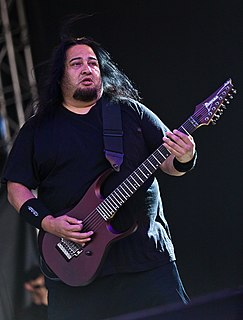A Quote by Joel Salatin
While vegans and meat-eaters disagree, we can all be united in our fear and hatred for the horror that is factory farming.
Related Quotes
An environmentalist can oppose factory farming because it's reckless stewardship. A conservative can oppose factory farming because it is destructive to small farmers and to the decent ethic of husbandry those farmers live by. A religious person can oppose factory farming because it is degrading to both man and animal - an offense to God.
The indifference of children towards meat is one proof that the taste for meat is unnatural; their preference is for vegetable foods...Beware of changing this natural taste and making children flesh-eaters, if not for their health's sake, for the sake of their character; for how can one explain away the fact that great meat-eaters are usually fiercer and more cruel than other men; this has been recognised at all times and in all places.
Perhaps in the back of our minds we already understand, without all the science I've discussed, that something terribly wrong is happening. Our sustenance now comes from misery. We know that if someone offers to show us a film on how our meat is produced, it will be a horror film. We perhaps know more than we care to admit, keeping it down in the dark places of our memory-- disavowed. When we eat factory-farmed meat we live, literally, on tortured flesh. Increasingly, that tortured flesh is becoming our own.
Some meat eaters defend meat eating by pointing out that it is natural: in the wild, animals eat one another. The animals that end up on our breakfast, lunch, and dinner plates, however, aren't those who normally eat other animals. The animals we exploit for food are not the lions and tigers and bears of the world. For the most part, we eat the gentle vegan animals. However, on today's farms, we actually force them to become meat eaters by making them eat feed containing the rendered remains of other animals, which they would never eat in the wild.
When we first started Fear factory, we asked ourselves what Fear Factory means, it was a cool name, but what did it mean? We obviously embraced the technological side of a factory, as a factory can be anything from something that insights fear, like a government machine, to something of futuristic technology, or it could be religion. So we embraced the technological side of it back in the early days.

































